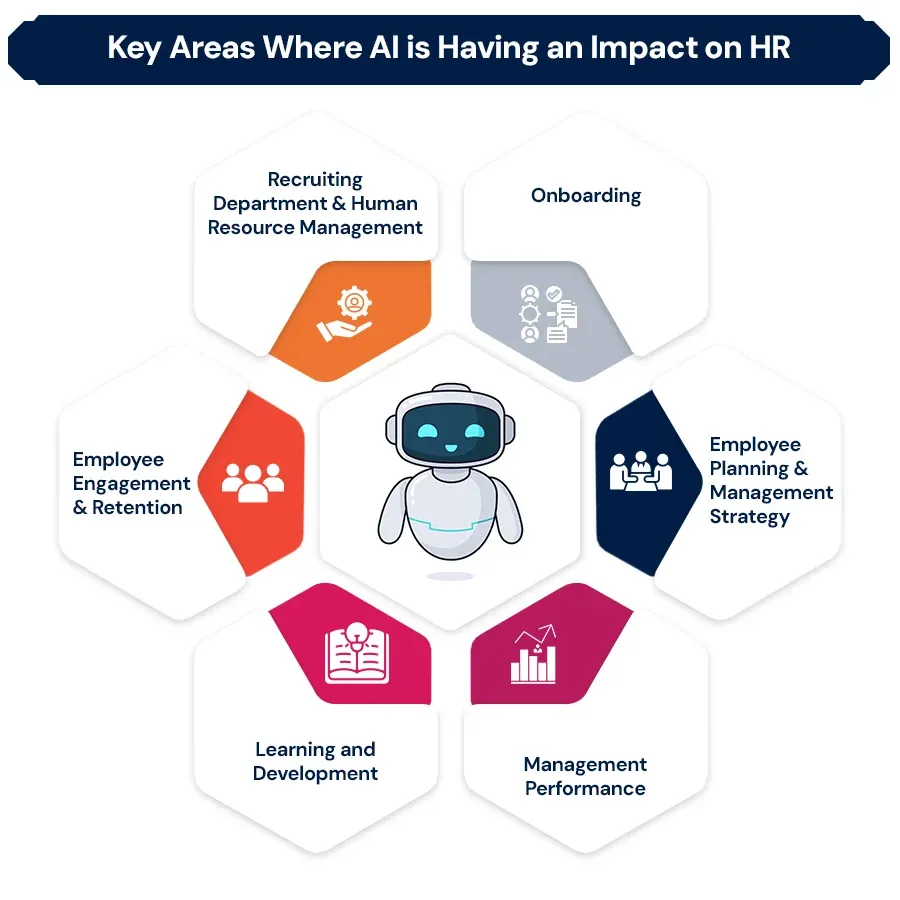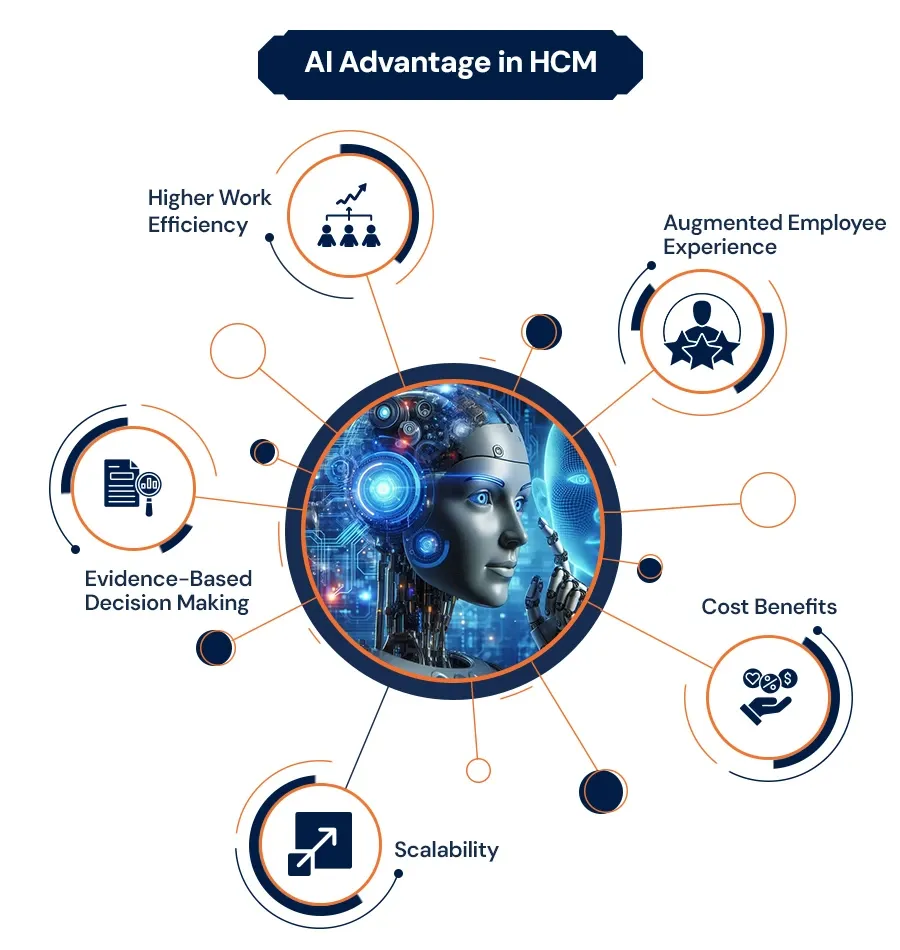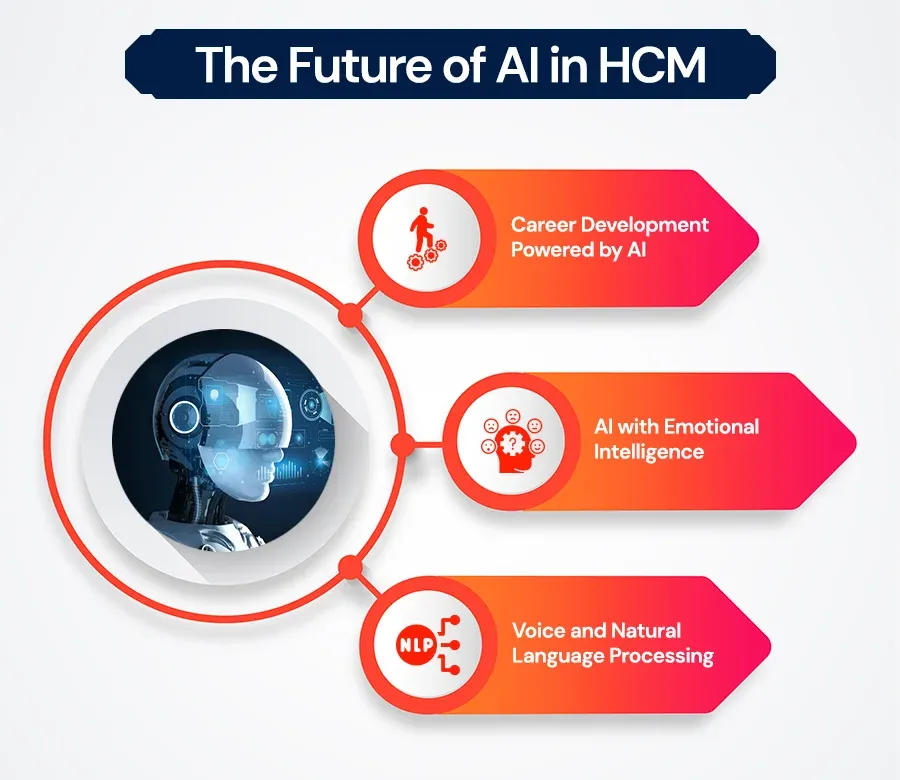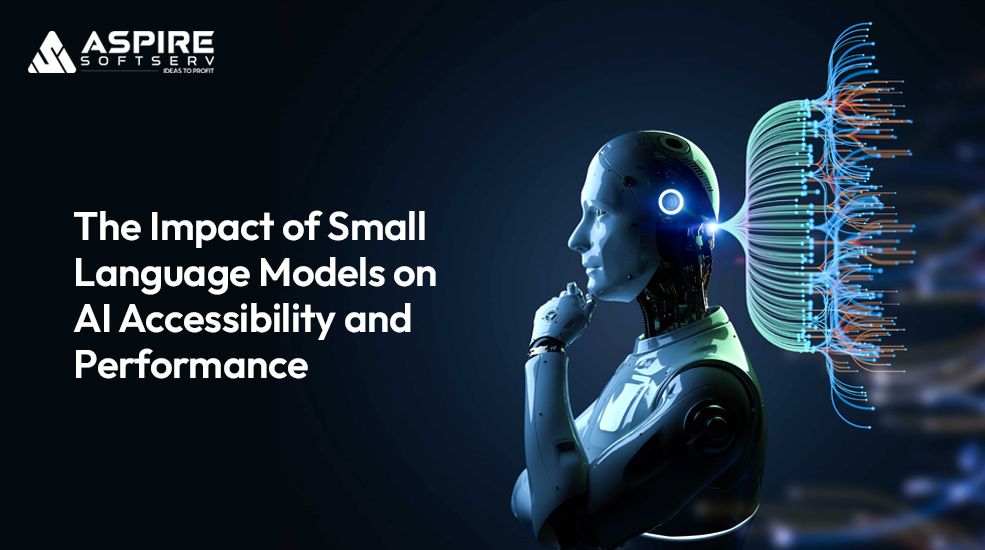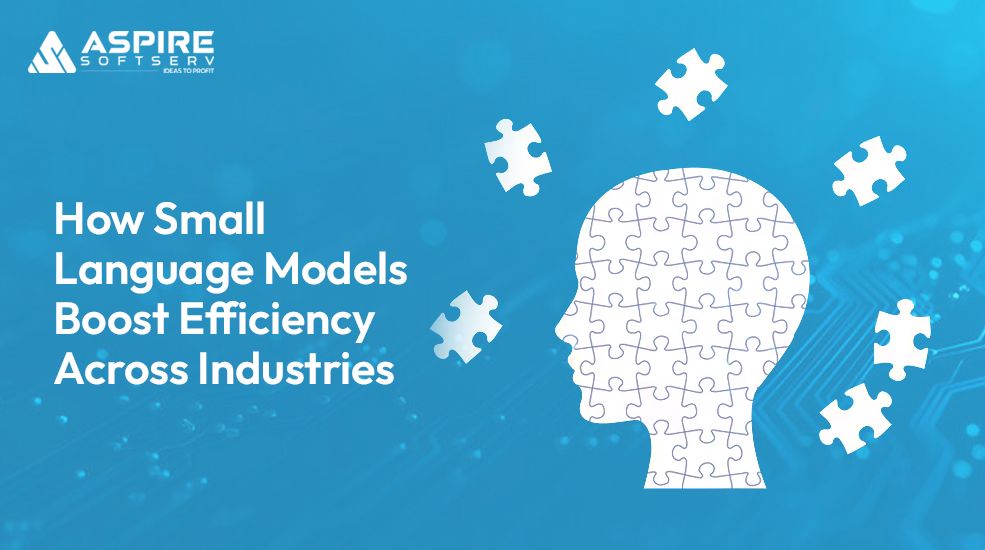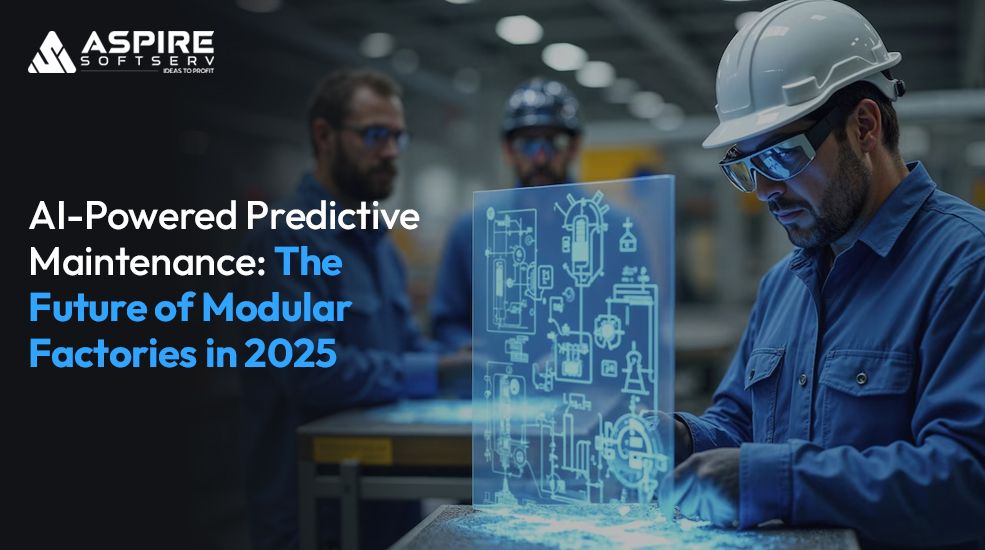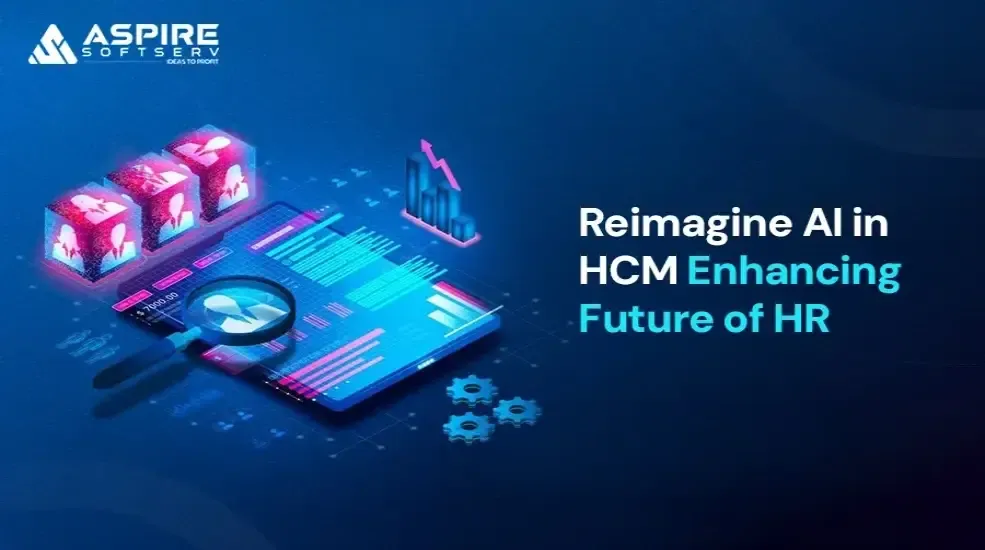
The AI-related changes have a great impact on all spheres of businesses, especially when paired with HCM systems, as is the case with Human Resource Management. With the advancements in technology, the landscape of companies in the future will be very different, and AI HCMs will assist in altering the way organizations engage with their employees. To stay ahead, businesses must reimagine AI and reimagine HR to adapt to the evolving landscape. This blog explains how AI is advancing HR processes, including talent acquisition, and why organizations must adapt to these changes.
Introducing AI in HCM
The human capital management functions comprise activities aimed at increasing the effectiveness of one or more employees, from recruitment to retirement. Thanks to AI integrations, HCM software can process a huge volume of data, complete repetitive tasks, and supply information and ideas on how various activities can be carried out most efficiently. Such an AI and HCM fusion allows HR to be more proactive than passive administrative. With AI transforming HCM recruitment, organizations can streamline the hiring process, making it faster and more effective while ensuring better matches between candidates and company needs.
Key Areas Where AI is Having an Impact on HR
1. Recruiting Department and Human Resource Management
To a number of HR managers, this is perhaps one of the biggest challenges, being to attract the right people to manage the company. Due to AI the way recruitment is being done is changing and hence, companies are able to redefine HR in many ways.
Resume Screening: He estimated that with the help of the new systems that utilize the technologies of artificial intelligence, vendors will be able to scan thousands of resumes in a few seconds and select the best-matching candidates according to the given criteria. This gets rid of bias at times we take a long to make a decision.
Predictive Analytics: Organizations with AI-based systems use candidate data to evaluate their performance, output, and propensity to remain in the firm – improving retention.
Chatbots for Engagement: Candidates interact with AI chatbots, the AI responds to candidate inquiries, and the AI books interviews for candidates, which is a great candidate experience.
2. Onboarding
Onboarding comprises several activities that aim at orienting newcomer employees to the new workplace environment, resources, procedures, norms, and values. AI helps reimagine HR by:
- It helps to focus on rational organizational working conditions and optimize the creation of untidy onboarding practices.
- Using AI-based tutorials for raising new workers up to the level of understanding the tasks needed.
- Owing to growth and maturation, it becomes necessary to automate such processes to avoid hitches.
3. Employee Engagement and Retention
AI is revolutionizing the means through which organizations manage and communicate with their staff and employees. Torki and colleagues (2021) describe how AI systems enhance employee satisfaction and reduce absenteeism by:
Employee Input Processing: AI applies analysis to data received from the employees and makes an estimate of possible problems and solutions.
AI Suggestion Tools: To present advice for individual training, which jobs people might want to pursue, or perhaps what benefits they should look into.
Absenteeism Management: AI helps HR discover employees who are at risk of exhibiting low retention levels and take action towards enhancing their engagement.
4. Learning and Development
It is impossible for a firm to grow if there is no emphasis on the growth of employees. AI helps reimagine HR by:
- Offering certain courses to the employees in respect of the skills and the potential of the organization they want to have.
- Promoting AI technologies for sponsoring sustenance in personal continual learning and external resources.
- KPI measurements of business training effects for performance improvement on the concerned staff.
5. Management Performance
AI-based HCM systems have revolutionized performance review processes by:
- Keeping a record of goal setting, performance achievement, and performance problems with respect to employees.
- Minimizing bias in the performance evaluation by having set standards.
- Supporting decisions to focus on improvement and or growth of values needed for performance and career planning.
6. An Evaluation of Employee Planning and Management Strategy
AI-based technologies help HR departments be forward-thinking with workforce-related challenges by:
Demand Forecasting: AI tools enable organizations to forecast the human capital requirements that will enable the business to achieve its strategic direction, market dynamics, and trends.
Skill Gap Analysis: For example, where there are gaps in skills being utilized, while employees have other skills they could potentially develop, some of the solutions offered might include workshops or seminars.
Equity Measures: AI-derived data promotes access to equal opportunities in employment and promotions, therefore promoting diversification.
The AI Advantage in HCM: Optimising People and Processes
1. Higher Work Efficiency
AI aids in the discharge of fundamental HR tasks that are bulky, time-consuming, and high in volume including payroll and leave administration. This can free up more strategic human resources tasks thus allowing companies to transform the concept of human resources through automation of everyday processes.
2. Incorporation of Evidence-Based Decision Making
To recruit and retain employees, AI provides HR professionals with the tools needed to review massive amounts of data to inform decisions about talent acquisition and levels of engagement. This case integration of AI aids in the reimagining effort and having transforming data into insights for decision-making in HR.
3. Augmented Employee Experience
AI provides an opportunity to maintain real-time interaction and resolve events with employees to improve their job satisfaction. Here, the AI concept means redesigning the workplace for improved communication, solutions, and support of an employee, which in turn leads to increased morale and satisfaction.
4. Scalability
HCM systems that are based on AI can be easily integrated and expanded in accordance with the organization’s development, so these solutions will suit organizations of different sizes. This scalability guarantees that through the adoption of AI, it can redesign some of the HR functions as organizations grow, which has the added advantage of conforming to new shapes of HR processes.
5. Cost Benefits
In the case of employing automation, the costs are revolutionized as the HR’s accuracy is improved over the time period making the cost aspect cheaper in the long run. In this way, AI-driven systems reframe HR through the deflation of these tasks making these processes and HR more affordable and effective.
Challenges to AI in HCM
While integrating AI into HCM offers many benefits, there are also challenges to consider:
Data Privacy and Security: AI systems process the employee data therefore implying AI security threats. This data requires strong security to gain user trust and security measures must be put into practice in an organization.
Algorithmic Bias: While AI is designed not to incorporate bias, there is a likelihood that if the algorithms in the AI learning process are developed on average; more biases are created. This is a potential problem that affects the evaluation of new candidates, the ratings of current employees, and many others if not controlled properly.
Change Management: It is imperative to understand that the adoption of AI takes place on the organizational cultural level. AI tools require the HR teams to undertake certain training, which may sometimes consume considerable time.
Costs to Start: The integration of AI mechanisms might be costly, which leaves small businesses and firms unable to invest in these technologies.
The Future of AI in HCM
Currently, the application of AI in HCM is still limited, but when it comes to utilizing its potential there is no limit. New trends include:
Career Development Powered by AI: The systems adopted will help employees go through working career development plans following the data acquired.
AI with Emotional Intelligence: Due to the improvement in artificial intelligence in the completion of its machine learning aspect, AI trains itself to consider the emotional signs that appear in an interaction, further enhancing human relationship management.
Voice and Natural Language Processing (NLP): The interactions between the employees will become more effective because the chatbots and virtual assistants will be developed to have a conversational approach.
As soon as it surpasses machine learning and automation, AI will be one of the key enablers for improving organizational culture and fulfilling business goals.
See Also: How AI Is Transforming the HCM Recruitment?
Conclusion
AI is indeed transforming the way HCM is being done today as HR activities are now smarter, faster, and more profound. This paper therefore seeks to build a general understanding of how various aspects of HR have been impacted by AI in an organization throughout the employee life cycle. On the benefits side, we now have clear and convincing evidence that, as with many tools and technologies, AI offers significant benefits to businesses and individuals, but on the dark side of the medal there are obstacles which include data breaches, biases in algorithms, and change management.
Aspire SoftServ is leading the way by offering AI development services that help businesses manage human capital more effectively. Its HCM software solutions manage Human Resources processes, promote creativity, and appreciate the worth of creativity.
The problem before the HR leaders, as they arise to face this new battle has shifted from whether they would employ the new AI tools, but rather, who will emerge as the winner in this increasingly complex business environment. When deciding to transform HR and engage Aspire, these organizations shall be privileged to access some of the innovative features of AI that shall be useful in their approaches to the workforce.
Autonomous or partly autonomous HR is a reality that is full of new opportunities in the near future. Artificial intelligence in recruitment facilitates faster and more accurate decisions considering the right candidates as talents and supports training and changing the thinking process of an employee, thus enhancing consistency in improvement.
Empower Your HR Team With Innovative AI Solutions!

